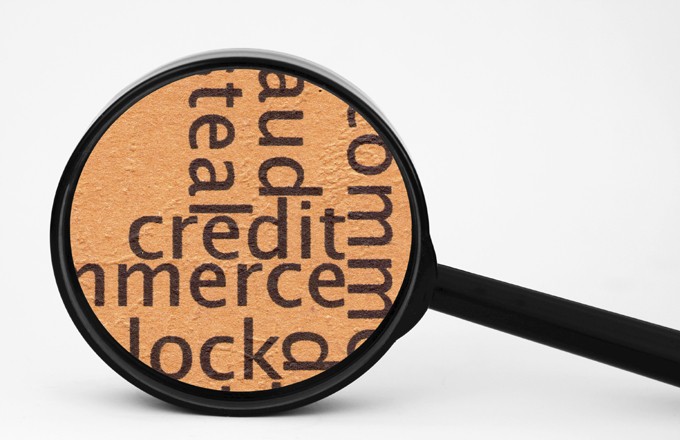Investing basics C bonds
Post on: 13 Май, 2015 No Comment

Sometimes companies need to borrow money, and one of the ways they raise the funds is by selling bonds. When you buy a corporate bond you are loaning money to a company.
Corporate bonds are the riskiest of the fixed-income securities because only the individual corporation backs them and companies are much more likely than governments to have serious financial problems. Corporations reward you for taking the extra risk by paying a higher interest rate than you would get on most government securities.
The interest rate you receive is called the coupon. If you hold the bond until maturity, you’ll receive the face value of the bond — assuming the company doesn’t default. If you sell the bond before maturity you risk losing principal if interest rates have risen.
Bond prices fall when interest rates rise and, conversely, bond prices rise when interest rates fall. If you buy a 10-year bond with a face value of $5,000 and a coupon, or interest rate, of 6 percent and decide to sell it after three years when interest rates have risen to 8 percent, no one would want to pay you the full value of your bond because new bonds would be paying higher interest. Of course, if rates have fallen by the time you decide to cash your bond, you could get a premium for it since it’s paying more interest than new bonds.
Two debt-rating agencies, Standard & Poor’s and Moody’s. assign credit ratings to corporate bonds based on the company’s ability to repay its debts.
The poorer the rating, the higher the interest you’ll receive. That’s because you’re being paid to take on the added risk that the company might default on its repayment of the bond. Even the high and the mighty can stumble — Ford Motor Company’s bonds were once close to junk status. Investors were paid handsomely for their faith that Ford wouldn’t default. But, generally, this is a very tricky area to invest in. Most novice investors would fare much better sticking with higher quality bonds.

You can buy corporate bonds through a broker or by visiting the company’s Web site where you’ll often find contact information for purchasing bonds. But usually the best way for individuals to buy corporate bonds is through a bond fund.
Bond funds are an inexpensive way to get exposure to a wide variety of companies, which helps reduce risk. The fund is professionally managed and you can check with a fund rating company such as Morningstar to gauge the fund’s performance.
As with all bond funds, the drawback is there’s no guaranteed return of principal as there is with individual bonds that are held to maturity. While each bond within the fund has a maturity date, the fund does not. You’ll have to decide the appropriate time to sell your shares.














